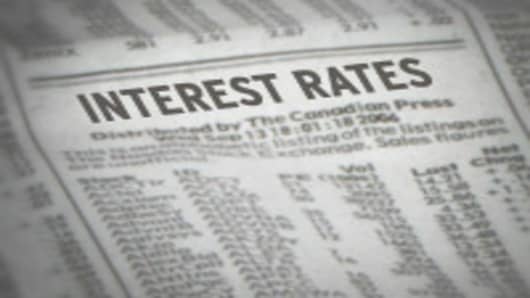The West's attempts to kick-start growth have opened up a 'Pandora's Box' of economic distortions that have taken the emerging world to the outer reaches of economic experimentation, according to HSBC chief economist Stephen King.
Speaking to CNBC on Thursday, King outlined why he believes the only hope for curbing soaring inflation is slower growth, which could in turn avoid a social and political disaster for many emerging market governments faced with surging food prices and income inequality.
"We are at a critical moment when policymakers take a deep breath and hope that their decisions can tame prices," King said.
"The latest HSBC Emerging Markets Index reveals that inflation is in danger of becoming an entrenched problem while the pace of growth, although perfectly adequate, has lost momentum," he said.
"Rising inflation and fading growth are hardly an encouraging combination and the hope must be that the loss of momentum will eventually temper inflation," King added.
Having opened Pandora's Box, it must be hoped that the evils of inflation can be controlled - but that is a big if, according to King.
"Seeking to avoid currency appreciation from several interest rate rises, they're pursuing what HSBC has termed 'quantitative tightening' through measures such as raising banks' reserve ratios," he said.
"QT takes us to the outer reaches of macroeconomic experimentation but if it slows the pace of emerging market growth, commodity price inflation may eventually be checked"
"This would provide huge benefits to emerging nations, not least by alleviating the social and political pressures of income inequality that stem from higher food and energy prices, part of the reason for recent uprisings in the Middle East and North Africa," King said.
He added that the latest HSBC forecasts were consistent with the idea that quantitative easing will constrain activity, he said.
"We expect GDP growth in the emerging world to moderate to 6.3 percent this year from 7.5 percent in 2010," King said.



